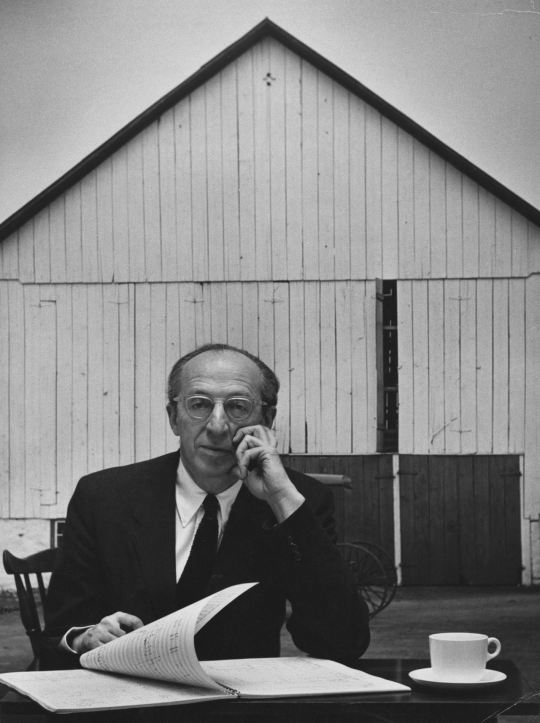#aaron copland
Text
The symphony bracket is here!
This is how voting will proceed:
Beginning on September 1, one poll (2 symphonies) will be posted per day. The poll duration will be 7 days.
The reason for the slow posting will be to give voters time to listen, in case one or both symphonies is new to them!
There are 64 symphonies in the bracket, meaning 32 polls.
Happy voting!



Left Side:
Mahler 2 vs Prokofiev 5
Bruckner 8 vs Mozart 10
Mahler 10 vs Schubert 8
Pejačević 1 vs Beethoven 9
Shostakovich 7 vs Glière 3
Beethoven 5 vs Tchaikovsky 6
Mahler 1 vs Sibelius 2
Beethoven 8 vs Vaughan Williams 2
Copland 3 vs Beach Gaelic
Beethoven 6 vs Dvořák 7
Borodin 2 vs Saint-Saëns 3
Mendelssohn 4 vs Beethoven 3
Rachmaninoff 2 vs Kalinnikov 2
Prokofiev 1 vs Rachmaninoff 1
Emilie Mayer 2 vs Vaughan Williams 7
Haydn 75 vs Dvořák 8
Right Side:
Mahler 5 vs Polymath 1
Corigliano 1 vs Ives Universe
Price 1 vs Shostakovich 5
Mahler 6 vs Sibelius 5
Prokofiev 7 vs Mendelssohn 5
Shostakovich 11 vs Mahler 3
Shostakovich 9 vs Ives 4
Berlioz Symphony Fantastique vs Britten Simple Symphony
Vaughan Williams 1 vs Tchaikovsky 4
Shostakovich 10 vs Hovhaness 4
Beethoven 7 vs Grant Still 2
Dvořák 9 vs Brahms 1
Brahms 2 vs Maslanka 4
Brahms 3 vs Tchaikovsky 1
Tchaikovsky 5 vs Mozart 40
#if you notice a symphony is not on here that you expected to be that's bc it was submitted after the 64th one#let me know if you find a mistake :) i checked about three thousand times for spelling errors/doubles etc but i am human#mahler#sibelius#mendelssohn#beethoven#shostakovih#berlioz#florence beatrice price#hovhaness#bruckner#liszt#aaron copland#classical music#corigliano#borodin#tchaikovsky#tumblr bracket#poll bracket#tournament poll#long post
179 notes
·
View notes
Text
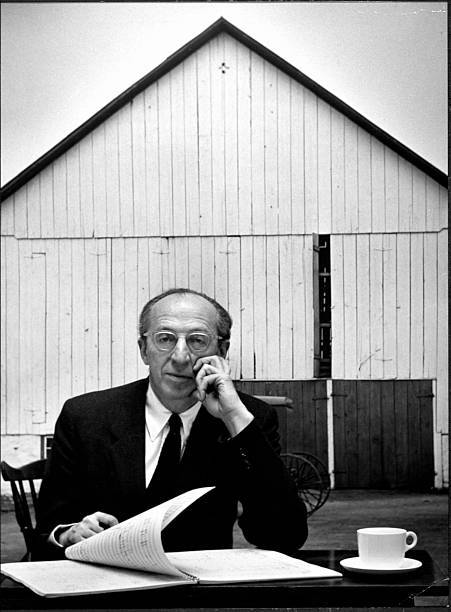
Aaron Copland, November 14, 1900 – December 2, 1990.
1955 photo by Gordon Parks.
87 notes
·
View notes
Text
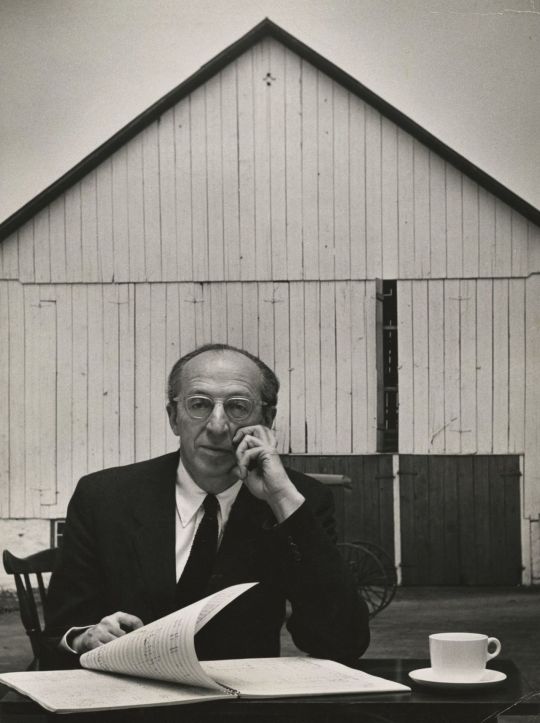
Aaron Copland por Gordon Parks
69 notes
·
View notes
Text
A Quick Note on 'Jewface', Maestro and Oppenheimer
Given that my presence on this platform is filtered specifically through the lens of Jewishness in film, and that I wrote my undergraduate dissertation on the Jewish identity of Leonard Bernstein – the subject of Bradley Cooper’s controversial upcoming film, Maestro – I thought I’d weigh in on the current discourse.
For those who are unaware, one of the biggest films due to premier as part of this year’s autumn film festival season is Bradley Cooper’s Maestro. The film is said to be a non-traditional biopic of 20th century American composer Leonard Bernstein, focusing largely on his complex relationship with his wife, Felicia Montealegre. Controversy has arisen around the Netflix production due to images from the trailer featuring Bradley Cooper as Bernstein wearing an enlarged prosthetic nose. Voices within and outside Jewish communities have loudly criticised Cooper for caricaturing Jewishness, using the term ‘Jewface’ which describes the act of a goyische (non-Jewish) actor using prosthetics to make themselves look more like a cartoonish, imagined Jew.
While it is true that Bernstein did own a decent sized schnoz, the prosthetic utilised by Cooper is significantly bigger, and more defined than the nose was in reality. From a personal standpoint, I do find the use of this prosthetic to be pretty discomforting, but I think it speaks more to Cooper’s insecurity about the size of his own nose, which is a lot bigger than perhaps he would like to admit (and not too dissimilar to Bernstein’s actual nose!), than it does about his perception of Jews. That being said whether it was his intention to cartoonify Jewishness or not, Cooper has ruffled feathers in a way that is crass rather than substantive. Bernstein’s living relatives have come out in support of Cooper and his decision to use the prosthetic, saying that Bernstein would not have minded, but I think their statement rather misses the point. The nose is not about Bernstein himself, but about highly visible representations of a tiny minority that are stereotypical and incredibly reductive.
Funnily enough, however, Cooper’s use of ‘Jewface’ is the element of Maestro that bothers me the least. I have been fairly vocal since the film’s announcement about how I believe the production as a whole to be a pretty catastrophically bad idea. Leonard Bernstein is my number one creative hero – as a composer, public intellectual and educator, I don’t think there has been a single Jewish figure in American history who has had more of a positive impact on culture.
As I mentioned, I have written extensively about Bernstein in an academic context, and in researching him, it became clear to me just how vitally important his Jewish identity was to him throughout his life. It informed his music (even West Side Story, which was initially conceived as a story about Jews and Catholics on the Lower East Side of Manhattan), and his role as an educator (he often described his pedagogy as rabbinic in nature), and he was deeply, foundationally affected upon learning about the realities of the Holocaust which caused what he described as ‘aporia’, a state of being where he was too overwhelmed to write a single word for years. Bernstein’s complicated relationship to sexuality was also hugely significant in his life. There is still debate to this day about whether, given an open, accepting environment, he would have identified as a gay man or as bisexual. He had significant, passionate relationships with both men and women, and was an early major advocate for HIV/AIDS research.
My problem with Maestro is that I don’t have faith in Bradley Cooper as a writer/director, to sensitively depict these two massive aspects of Bernstein’s identity. Focusing on his most significant straight-passing relationship as the centre of a film called Maestro does not inspire confidence that the film won’t totally whitewash Bernstein’s Jewishness, or reduce his sexuality to the pain it caused his wife (in a similar way to other reductive music biopics like Bohemian Rhapsody or Rocketman). Cooper’s own identity is significant in that he is starting from a place of remove from the identity of his subject, which isn’t necessarily a dealbreaker, but when there are other filmmakers out there who are far better suited to a project like this, both from an identity perspective and a thematic one, it’s hard to justify why this project exists at all in its current form.
Some have pointed to the involvement of Steven Spielberg as a producer on the project as hope for better representation, but given that Cooper and Martin Scorsese – a filmmaker who I have criticised in the past for the didactic, Christian morality of his movies – are also credited producers, I don’t think it’ll make much difference. I’m more comforted by the involvement of Josh Singer (Spotlight, The Post) and his contribution to the screenplay, given his Jewishness and his work on thematically sensitive historical films.
I’m not writing off the film entirely just yet. I had similar worries about Oppenheimer, given the significance of the scientist’s Jewishness in his decision to start work on the bomb in the first place. Nolan and Cillian Murphy, thankfully, proved me wrong in the director’s decision to focus on the differing Jewish identities of Oppenheimer, Lewis Strauss, and I.I. Rabi, and the nuanced ways in which their characters were informed by Jewishness, as well as Murphy’s attention to detail in his performance. It’s certainly possible for non-Jewish filmmakers to consider Jewishness in a valuable way (see Todd Field’s Tar or Paul Thomas Anderson’s Licorice Pizza for a couple of recent examples), but the set-up of this project makes it hard for me to believe that Cooper is one such filmmaker.
To end with a little self-gratifying what-if, I thought I’d lay out what would be my ideal Bernstein biopic: a film centred around the relationship between Bernstein and his fellow queer, Jewish composer and mentor, Aaron Copland, the letters they wrote to one another, and the fallout of their brushes with McCarthyism which had vastly different outcomes. I would keep Cooper as Bernstein (without the prosthetics!) because he can convincingly play the man’s charm, I’d cast Michael Stuhlbarg as Copland, and get Todd Haynes to write and direct. Haynes is Jewish, gay, and has a great deal of experience directing sweeping, romantic, dark, and political films. He knows how to portray music on screen and has several masterful period-pieces under his belt, with Carol in particular as a shining example of complex, historical queer romance in America. Honestly, this would be my dream film project.
#blu ray#blu ray collector#blusforjews#cinema#cinephile#film#film tumblr#jewishness#jewishness in film#maestro#leonard bernstein#bradley cooper#jewface#antisemitism#oppenheimer#christopher nolan#todd haynes#michael stuhlbarg#aaron copland#biopic#music biopic#queerness#queer history#gay#bisexuality#lgbt representation
52 notes
·
View notes
Text
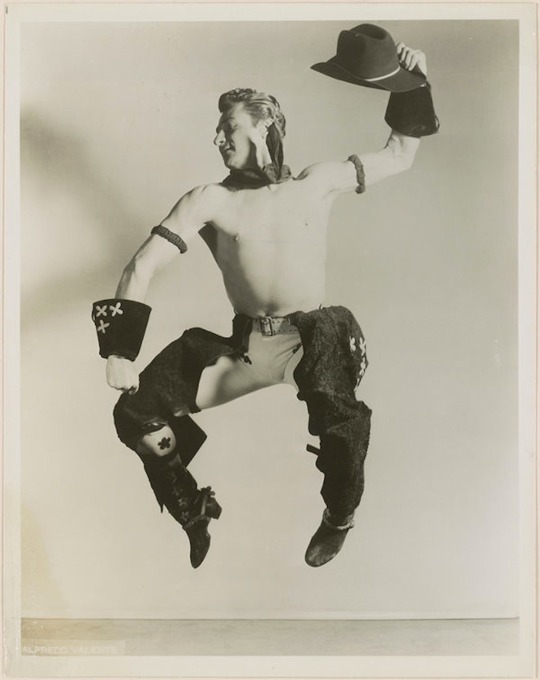
10 notes
·
View notes
Text

Composer Aaron Copland (November 14, 1900 – December 2, 1990)
14 notes
·
View notes
Text




The American Legion versus college professors, Charlie Chaplin, and composter Aaron Copland.
11 notes
·
View notes
Text
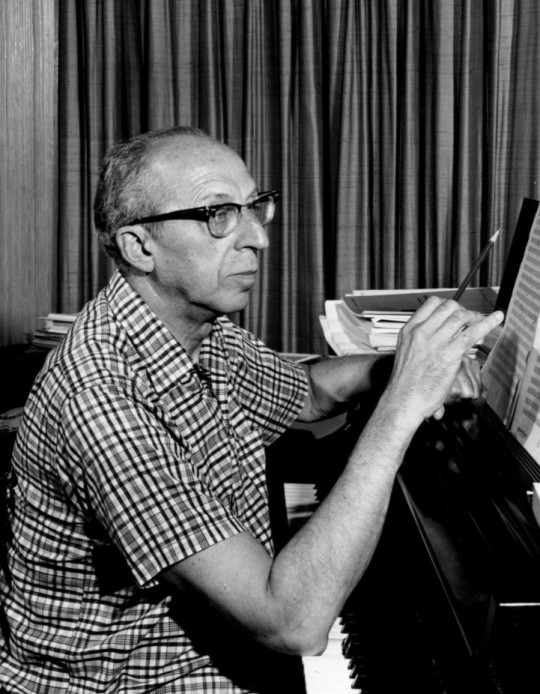
Aaron Copland (November 14, 1900 – December 2, 1990) in 1962 from a television special
7 notes
·
View notes
Photo

Listening as a creative act: There are gifted musicians, yes, but there are also gifted listeners – the great composer Aaron Copland (born on this day in 1900) on how to be one.
#Aaron Copland#quote#music#classical music#culture and society#thought and opinion#art#art and design
41 notes
·
View notes
Photo





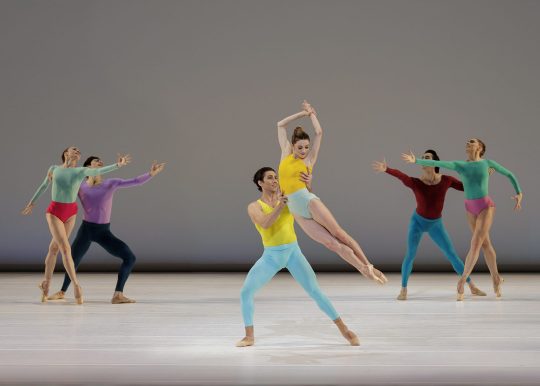
Justin Peck’s Copland Dance Episodes (New York City Ballet, 2023)
Photos by Erin Baiano
11 notes
·
View notes
Text
YouTube Links: Copland 3, Beach Gaelic
Submitter's Comments:
Copland 3 (1 submittal)
No comments
Beach Gaelic (1 submittal)
Gotta get some women composers in here! Lots of Dvořak influence too.
21 notes
·
View notes
Text

Aaron Copland, November 14, 1900 – December 2, 1990.
32 notes
·
View notes
Text
Treemonisha Wasn’t the Only One, James P. Johnson’s Lost Operas.
Naxos 8.669041
Regular readers of this blog are doubtless aware of my “underdog” interests. Whether suppressed by fascist regime, (as in London Records “Entartete Musik” series and Chandos “ARC”ensemble recordings), or just somehow eclipsed by more “spectacular” (by which I mean, “producing a spectacle” like Stravinsky’s Rite of Spring) but, as exemplified by Cedille Records’ “Avant L’ Orage”,…
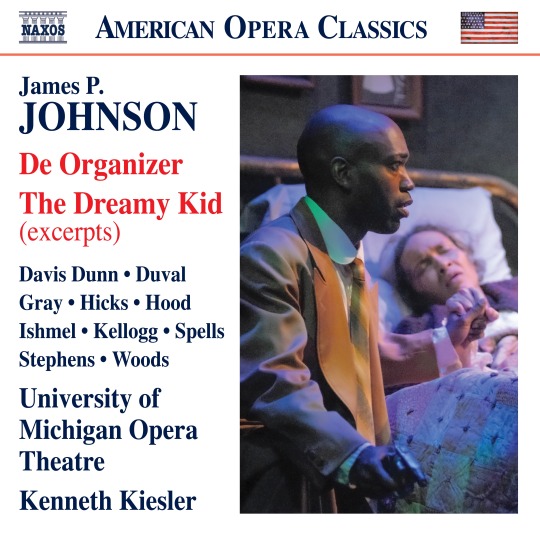
View On WordPress
#20th century#aaron copland#African American#Anthony Davis#black composers#classical#Classical Music#Cody M. Jones#Composers#George Gershwin#James Dapogny#James P. Johnson#Jazz#Jim Crow#Kenneth Kiesler#Marc Blitzstein’s#Maurice Ravel#Music#New Music#political music#Politics#Scott Joplin#The Cradle Will Rock#unions
2 notes
·
View notes
Text
INDEPENDENCE DAY: Ideals Worth Preserving
Today, we again mark the anniversary of The Declaration of Independence, that traitorous 1776 statement which lead to the foundation of the United States of America. Almost a quarter of a millennium ago, those brash colonials shed foreign rule with their territorial union wrought as a secular republic—a most unusual endeavor in the annals of human history. As a philosophy of individualism and…

View On WordPress
#aaron copland#Agnes de Mille#American Ideals#Christian Dominionism#Church of Satan#Declaration of Independence#fourth of july#independence day#john williams#Rodeo#Satanism#secularism
3 notes
·
View notes
Text

4 notes
·
View notes
